New Delhi: The India-European Union (EU) Trade & Technology Council (TTC) Working Group 2 (WG2) recently held a two-day international workshop titled “Green & Clean Energy Technologies.” This event was coordinated by the Office of the Principal Scientific Adviser to the Government of India and was hosted in a hybrid format by the Ministry of New and Renewable Energy (MNRE).
India-EU-TTC is an initiative that involves the coordination and engagement of India and Europe in trade and technology. This initiative was officially unveiled on April 25, 2022, following a bilateral cooperation meeting between the Prime Minister of India, Narendra Modi, and the President of the European Commission, Ursula von der Leyen.
Under the TTC framework, three working groups have been established. Working Group 2, focusing on Green & Clean Energy Technologies, is led by Professor Ajay Kumar Sood, who serves as the Principal Scientific Adviser (PSA) to the Government of India, and Marc Lemaître, the Director-General of the Directorate General for ‘Research and Innovation’ at the European Commission in Brussels, representing the European side.
During his opening speech at the workshop, Professor Sood highlighted the significance of the India-EU TTC partnership in advancing trade and technology relations between India and Europe. He highlighted the workshop’s goals, which included the exchange of insights on policy and regulatory frameworks, the identification of state-of-the-art green technologies, the identification of collaboration opportunities and gaps, the promotion of joint technology development, and the initiation of institutional collaboration endeavours.
Lemaître, who participated in the workshop through video conferencing, underscored the essential role that research and regulations play in expediting the advancement of green and clean energy technologies. He further stressed the significance of India-EU cooperation in working toward a mutual vision of a sustainable future and emphasised electric vehicles as a key solution that paves the path toward achieving future goals.
The workshop consisted of four sessions:
First Session: Waste to Green Hydrogen
Dr. Arun Tripathi (Advisor, MNRE, India) serving as the chair, and Helene Chraye (Head of Unit, DG R&I Directorate C1 – Unit on Clean Energy Transition, EU) in the role of co-chair, led the session. This session featured numerous presentations exploring potential avenues for collaboration between India and the EU in the domains of hydrogen storage, transportation, safety standards, and regulatory frameworks. Additionally, discussions were held regarding technologies, solutions, and opportunities related to the conversion of waste into green hydrogen.
Second Session: Marine Plastic litter and Wastewater
Chaired by Szilvia Nemeth (Deputy Head of Unit, Directorate B4 on Healthy Oceans and Seas, EU), and M.V. Ramana Murthy (Mission Director, Deep Ocean Mission, Ministry of Earth Sciences, India) as the co-chair, this session delved into various subjects, including the mitigation of marine plastic pollution and strategies for wastewater treatment aimed at addressing the issue of ocean plastic pollution as well as urban water-related challenges.
The third session was divided into two sub-sections:
Third Session (Session 3a): E-mobility: Circulatory Aspects of Batteries
With Sudhendu Jyoti Sinha (Adviser, Infrastructure, Connectivity & E-mobility, NITI Aayog) in the role of chair and Philippe Froissard (DG R&I – Head of Unit, Directorate C2 on Future Urban & Mobility Systems) as co-chair, this session featured discussions on battery circular economy aspects and the prospects of the electric vehicle (EV) and battery recycling sector.
Third Session (Session 3b): Interoperability of Charging Infrastructure
With Ashok Rajput, (Member (Power System), Central Electricity Authority (CEA) as chair, and Harald Scholz, (Head of Mobility Lab in JRC-ISPRA) as co-chaired, Session 3(b), discussed the potential for mutual development of charging infrastructure technologies between India and the EU. The session further delved into the partnership between the Automotive Research Association of India (ARAI) and the Joint Research Center (JRC) of the EU in the context of standards, testing methods, and optimisation.
Fourth Session: Standards
This session was chaired by Kirsi Haavisto (DG R&I – Head of Unit in Directorate C1 on Valorisation policies & IPR) and co-chaired by Pramod Kr. Tiwari (DG- Bureau of Indian Standards (BIS). The session involved in-depth conversations regarding the significance of utilising data and scientific knowledge to establish standards and commence research and innovation (R&I) efforts at the early stages of new technology development. Furthermore, there was a discussion on the potential creation of a Code of Practice for Standardisation.
Dr. Parvinder Maini, serving as the Scientific Secretary at the Office of the Principal Scientific Adviser to the Government of India, presented the main highlights from Sessions I and III. These highlights included research and development concerning lithium-ion batteries and recycling technologies, the establishment of a standardised waste collection system, and the formulation of a complete value chain business model.
Cristina Russo (Director of Global Approach & International Cooperation in Research and Innovation, EU), provided insights into Sessions II and IV. She emphasised the necessity of a unified approach to tackle plastic pollution. In terms of future actions, she suggested the creation of standards for particular technologies within each of the thematic areas.
Dr. Maini wrapped up the workshop by expressing gratitude to the chairs, co-chairs, and rapporteurs in each session. She also extended her thanks to the various stakeholder Ministries, including MNRE, Ministry of External Affairs, Ministry of Heavy Industries, Ministry of Earth Sciences, BIS, Department of Science and Technology, Ministry of Housing and Urban Affairs, and Ministry of Environment, Forest and Climate Change, for their invaluable support in ensuring the workshop’s remarkable success.





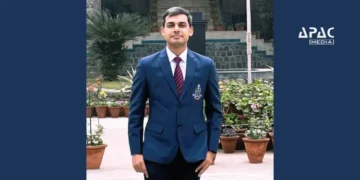

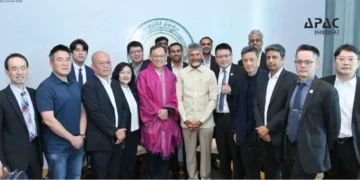
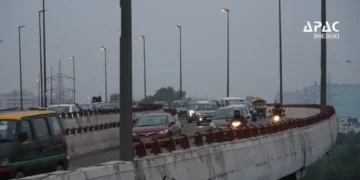
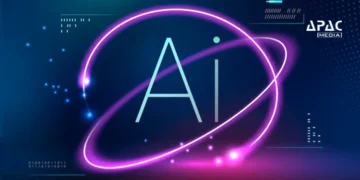







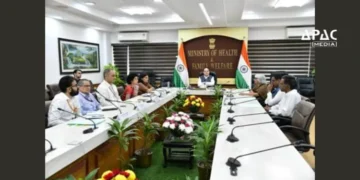
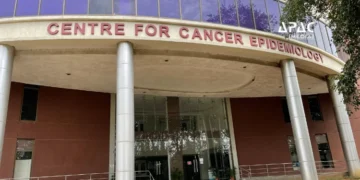



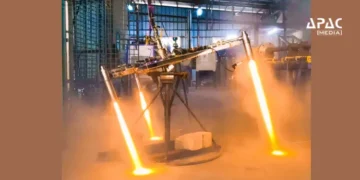
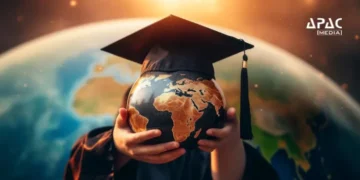
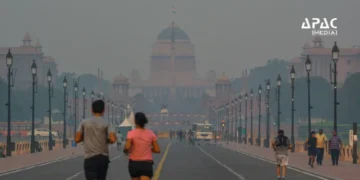


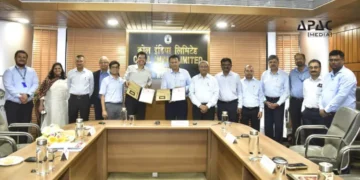
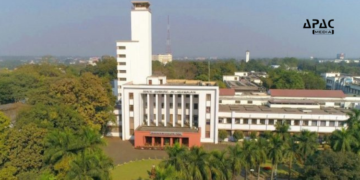
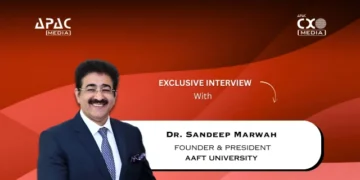

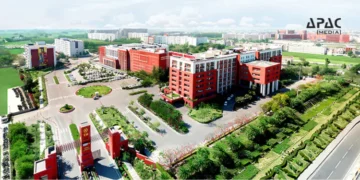
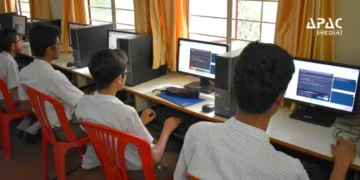

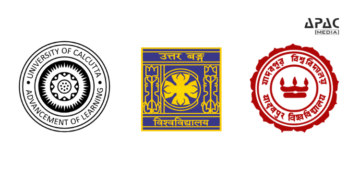

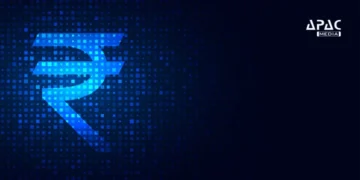
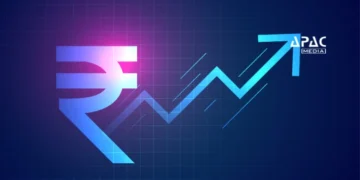


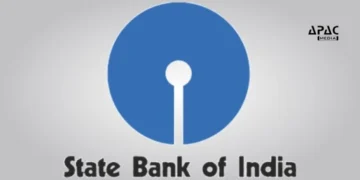


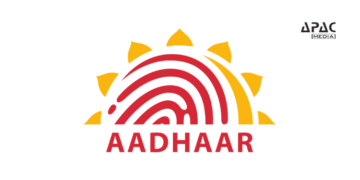
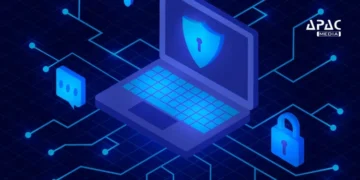
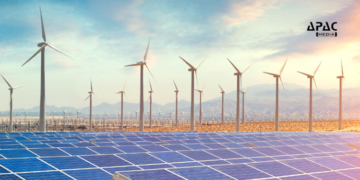

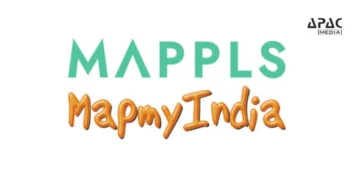





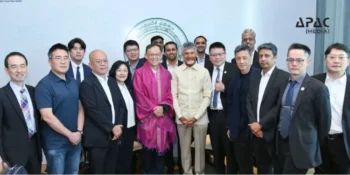
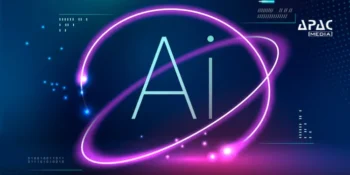
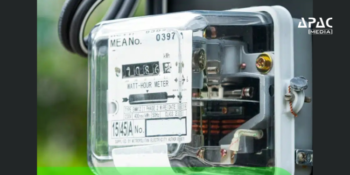












Discussion about this post